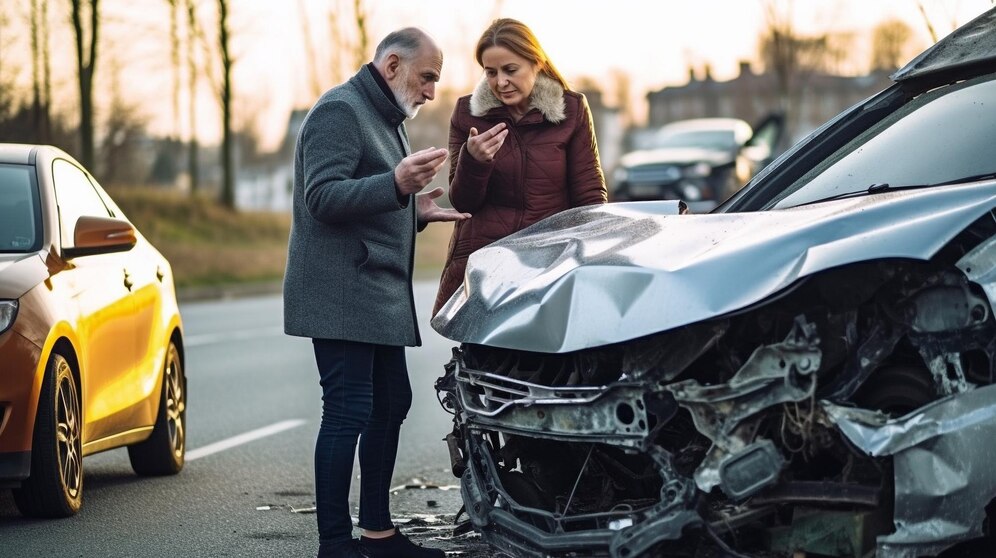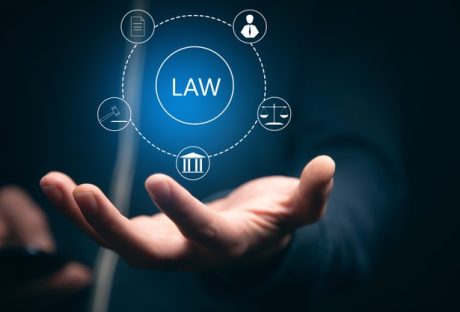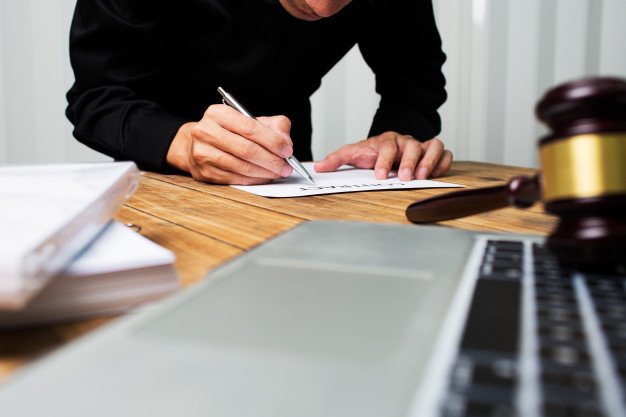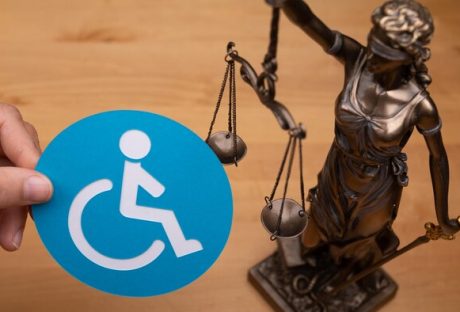Car accidents are an unfortunate reality of modern transportation, with data revealing startling statistics that highlight the prevalence of these incidents on our roads. In the United States, for instance, there are millions of car accidents each year, leading to a high number of injuries and fatalities. These numbers emphasize the importance of safety measures and preparedness should one find themselves involved in an auto accident. Amid the chaos following an accident, victims often face not only physical and emotional trauma but also complex legal and financial challenges.
This is where the expertise of a car accident lawyer becomes indispensable. Securing fair compensation after an accident is not merely about filing insurance claims; it’s about grasping the complexities of liability, negotiating with insurance companies, and, if necessary, pursuing legal action to ensure justice is served. A seasoned lawyer can steer through the maze of legal procedures to protect your rights effectively. As we proceed, we’ll explore the five common types of car accidents where the counsel and advocacy of a knowledgeable lawyer are not just an advantage but a necessity for those seeking rightful recompense. Through their intervention, victims can hope to recover losses and focus on healing without the added burden of legal battles.
#1 Rear-End Collisions: The Complexity Behind A Common Incident
Despite their frequency on the road, rear-end collisions are anything but straightforward. They typically occur when the front end of one vehicle crashes into the back of another. This can happen for a variety of reasons ranging from sudden stops, and distracted driving to tailgating, or even slippery road conditions. The resulting injuries can range from minor whiplash to long-term spinal damage, depending on the severity of the impact. Establishing fault in these accidents often involves understanding the subtleties of traffic laws and driver duty of care, with most presumptions placing the blame on the trailing driver for not maintaining a proper distance or not paying attention.
However, every case has unique factors that can complicate this assumption, such as if the lead driver performed an unpredictable maneuver or if there were malfunctions with one of the vehicles’ brake lights. When seeking compensation, legal acumen becomes vital to managing the process of determining fault, especially when insurance companies are involved and injuries are serious enough to warrant a substantial claim.
#2 T-Bone Accidents at Intersections: Sorting Through Liability
T-bone accidents, often occurring at intersections, are severe collisions where the front of one vehicle crashes directly into the side of another, resembling the shape of a “T”. These crashes can lead to significant injuries and vehicle damage, making them among the most dangerous types of road incidents. Determining who is at fault in a T-bone accident can be complex, as it typically involves a scenario where one driver has failed to yield the right of way, possibly due to running a red light or stop sign or being distracted.
Proving liability requires a close investigation and a clear understanding of traffic laws. In such cases, a lawyer becomes a key ally, possessing the expertise to sort out these challenges. They play a vital role in collecting evidence such as traffic camera footage, witness statements, and vehicle damage reports. What’s more, they bring experience in negotiating with insurance companies to ensure victims receive fair compensation for their losses.
#3 Multi-Vehicle Pile-Ups: Untangling The Web Of Responsibility
When several vehicles are involved in an accident, the result is not just physical wreckage but also a puzzle of accountability. Multi-vehicle pile-ups embody chaos on the roads, with each collision triggering another until a snarl of metal and motion brings travelers to a devastating halt. These massive accidents can make it incredibly challenging to discern the actions leading up to the commotion and to pinpoint the responsibilities of each driver involved.
With numerous parties, each with their own perspective and different auto insurance policies, the situation often becomes remarkably complex. Given the multitude of potentially liable parties and the interrelated sequence of events that led to the accident, it is nearly impossible for an individual to manage the aftermath alone. This is why securing a legal expert is not just advisable but necessary. A skilled attorney can dissect the detailed aspects of the multi-car pile-up, coordinating effectively with several insurance companies to ensure that the burden of responsibility is assigned accurately and that justice is served in the knotted aftermath of such harrowing events.
Read Also: Car Accidents in California- What Does the Law Say?
#4 Hit-And-Run Incidents: Tracking Down The Culprit
Hit-and-run accidents add a profound layer of complexity and distress to already traumatic situations. When a driver flees the scene of an accident, they leave behind not only physical damage and potential injuries but also a web of unanswered questions. To disentangle this web, a detailed investigative process springs into action. Authorities begin by gathering all available clues from the scene – think skid marks, vehicle parts, and eyewitness accounts. Law enforcement may also call upon surveillance footage or traffic camera data to piece together the fleeting moments before and after the incident. Amidst the investigation, those affected by hit-and-runs can find solace in legal support.
An experienced lawyer becomes invaluable in such cases, providing guidance and advocacy. These professionals are adept at understanding the subtleties of the law and can be key in securing due compensation. They work tirelessly to uncover the identity of the hit-and-run driver and utilize uninsured motorist policies to ensure that victims receive coverage for their losses. The path to justice can be winding and uncertain, but with a combination of thorough investigation and skilled legal representation, the chances of holding the culprit accountable increase greatly.
#5 Drunk Driving Crashes: Advocating For Justice And Compensation
The traumatic impact of collisions caused by inebriated drivers cannot be understated. These accidents come with severe repercussions, not just physically and emotionally, but also in terms of the legal consequences that accompany them. Drunk driving, universally condemned and vigorously prosecuted, often results in punitive damages—a kind of legal retribution that goes beyond compensatory measures, aiming to punish the offender and deter future misconduct.
Nevertheless, deconstructing the legal challenges surrounding such sensitive cases calls for a strategic approach that an experienced attorney can provide. Skilled lawyers play an important role in ensuring that justice is served by effectively advocating on behalf of victims and their families. They tirelessly work to secure fair compensation, addressing the profound losses incurred while maneuvering through the legal framework. In these trying times, an attorney doesn’t just serve as legal representation, but also as a steadfast pillar of support in the pursuit of justice and rightful compensation for those affected by the negligent acts of others.
In the aftermath of a car accident, the importance of having legal expertise cannot be overemphasized. Dealing with the complications that arise can be overwhelming, particularly when it comes to managing insurance claims, potential litigation, and securing fair compensation for injuries and damages. Individuals need to consider the extensive benefits that consulting a car accident lawyer can bring to their case.
These professionals offer more than just legal advice; they provide a shield against the tactics of insurance companies and the legal mazes that can baffle anyone without a law degree. A car accident lawyer works to ensure that your best interests are represented, aiming for optimal outcomes that might not be achievable without their specialized knowledge and experience.
Additional:
- Steps To Follow After A Car Accident
- Steps to Filing a Car Accident Claim in Waukegan
- Philadelphia Residents: How A Car Accident Lawyer Can Help You?


























